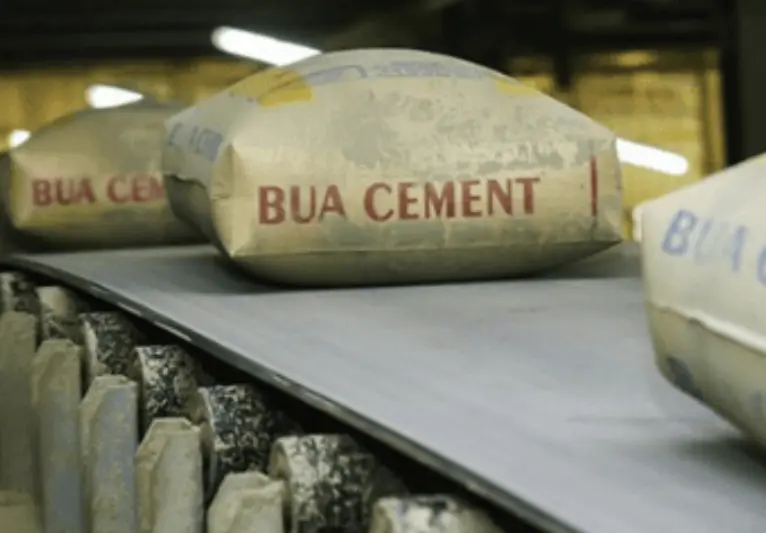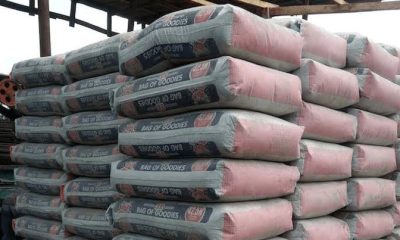Business
Cement: ‘Why BUA Backed Down On Price Crash To ₦3,500/Bag

The building materials markets across Nigeria buzzed with excitement in the last quarter of 2023 as BUA Cement announced a significant reduction in the x-factory price of its cement, from ₦5,500 to ₦3,500 per bag, starting October 2, 2023.
This move by BUA, as stated by the Chairman of BUA Group, Abdul-Samad Rabiu, aimed to ensure the accessibility and affordability of cement amidst the country’s economic challenges.
Despite the announcement, Group Executive Director of BUA Group, Kabir Rabiu acknowledged the difficulty in observing this price reduction nationally, noting that the intended price slash for five months was primarily evident in the northern regions where the company operates.
The reason for this, according to Rabiu, who spoke on an Arise News programme, is because “other players in the market took advantage of our gesture; BUA cement price reduction actually did happen; our chairman made the commitment, and we actually fulfilled the commitment by running it for five months; we reduced our cement across our plant to ₦3,500, but that was actually x-factory price.”
The broader impact of this gesture was muted as BUA’s market share, which stands at 30-32 percent, could not sway the entire industry towards a universal price adjustment.
He emphasized that because other players did not follow suit, the distributors and the middleman began to take advantage of the gesture they extended to the market and to also to help the economy.
What happened therefore, he added, was that even though they were selling their product at ₦3,500 in order to support the economy and the users, there was no direct benefits, at least, to the end users because other players were selling at previous higher prices.
The situation has since escalated, with cement prices soaring to between N10,000 and N11,000 per 50kg bag across the country, irrespective of a meeting with the federal government that aimed to cap the price at ₦7,000 to ₦8,000.
This rise contradicts President Bola Tinubu’s directive for Dangote, BUA, and Lafarge to adhere to the government-brokered price, highlighting a significant defiance from the manufacturers.
In an interview with BusinessDay, Sebastin Okafor, a builder, expressed the construction industry’s frustration over the spiraling costs of cement and other building materials, which have left many professionals idle.
He said, “We expect BUA to lead this price reversal based on their earlier commitment to help the economy by making the product accessible and affordable. I hope their action may encourage others to follow suit,” Sebastin Okafor, a builder, told BusinessDay in an interview, lamenting that most of his colleagues were now idle as a result of the rising price of cement and other building materials.”
BUA had said that “upon completion of the ongoing construction of our new plants, which would increase our production volumes to 17million metric tonnes per annum, BUA Cement Plc intends to review these prices further in line with our earlier pronouncements by the first quarter of 2024.”
Okafor said that Nigerians, especially those of them in the building industry, were still hanging on to this promise and expect that either through government policy directive or moral suasion, the president should prevail on these manufacturers to make their products affordable and help the housing sector.


